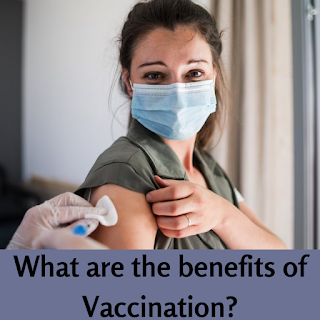What causes food allergy?
What causes food allergy?
The
immune system of persons with food allergies reacts to particular
proteins in food as if they were hazardous organisms like bacteria, parasites,
or viruses. In recent years, the number of people reporting food allergies has
risen. In North America, for example, the frequency of peanut allergy among
youngsters has allegedly increased in the last ten years. Food allergies are
most common in youngsters, and they usually outgrow them, though this is not
always the case. Adults can acquire food allergies, although this is an
uncommon occurrence. A food allergy is not the same as food intolerance. Your
body misinterprets healthy foods as potentially harmful. Your immune
system reacts to protect you when you eat something you're allergic to. You
might get a mild skin rash or itchy eyes, or you could have a bigger reaction
that leaves you gasping for breath.
Symptoms of food allergy
- Tingling in the mouth
- Burning sensation in the lips and mouth
- Facial swelling
- A skin rash known as hives
- Wheezing
- Nausea or vomiting
- Diarrhoea
- A runny nose
- Streaming eyes
Symptoms
can sometimes involve the entire body and be so severe that they are
life-threatening. Anaphylaxis is a medical emergency that occurs when a person
has a severe allergic response. It normally happens after you've eaten for a
few minutes. You're more prone to have anaphylaxis
if you have asthma and a food allergy. If you have a severe food allergy, have
injectable epinephrine on hand in case you have a response. It can help you
feel better until you can see a doctor. If you're not sure if your symptoms are
caused by an allergy, don't hesitate to use the epinephrine auto-injector.
Epinephrine will not harm you and may even save your life.
If
you suffer food allergy symptoms soon after eating, see your doctor or an
allergist. If possible, see your provider when the allergic reaction is
occurring. This will help your provider make a diagnosis.




Comments
Post a Comment